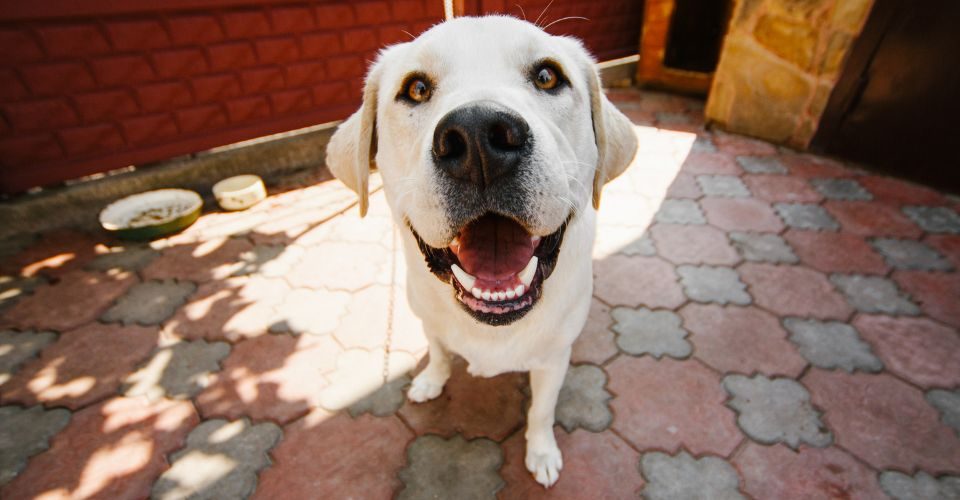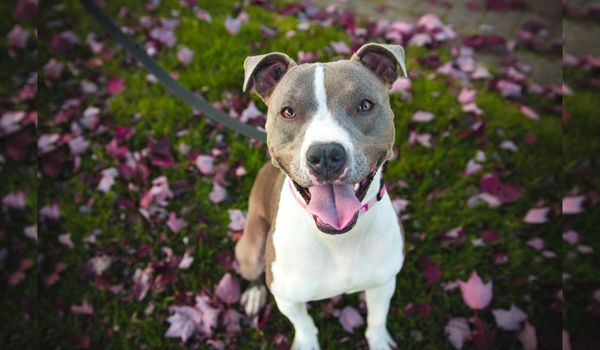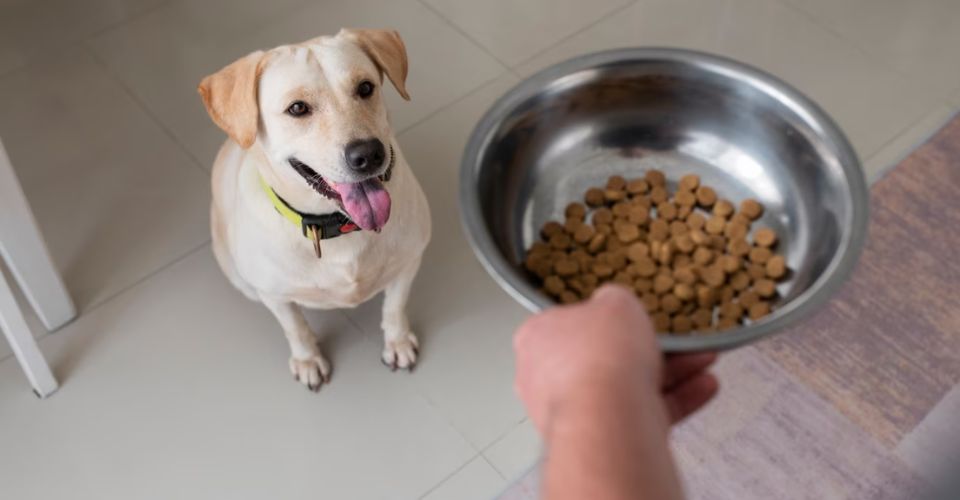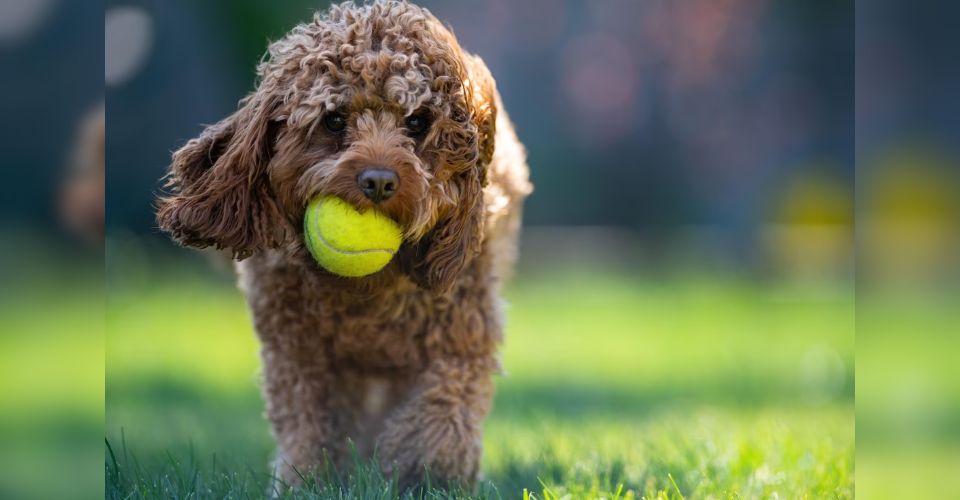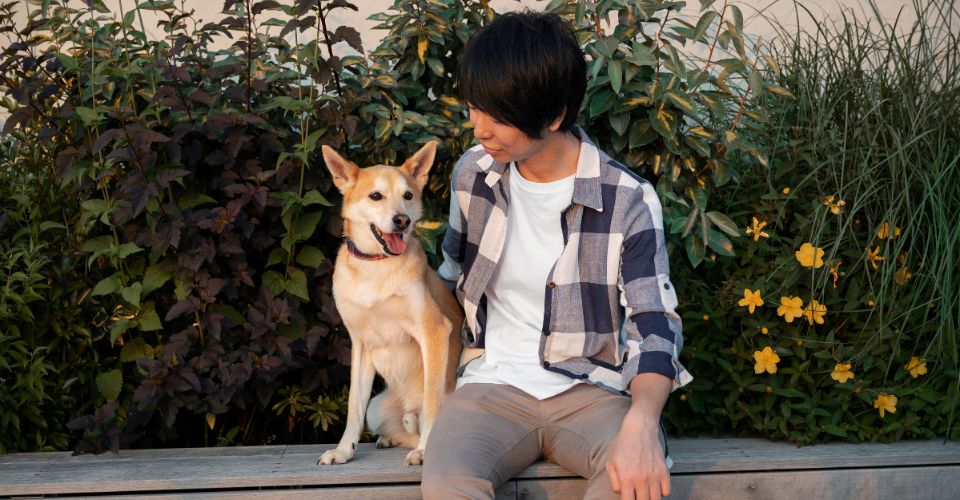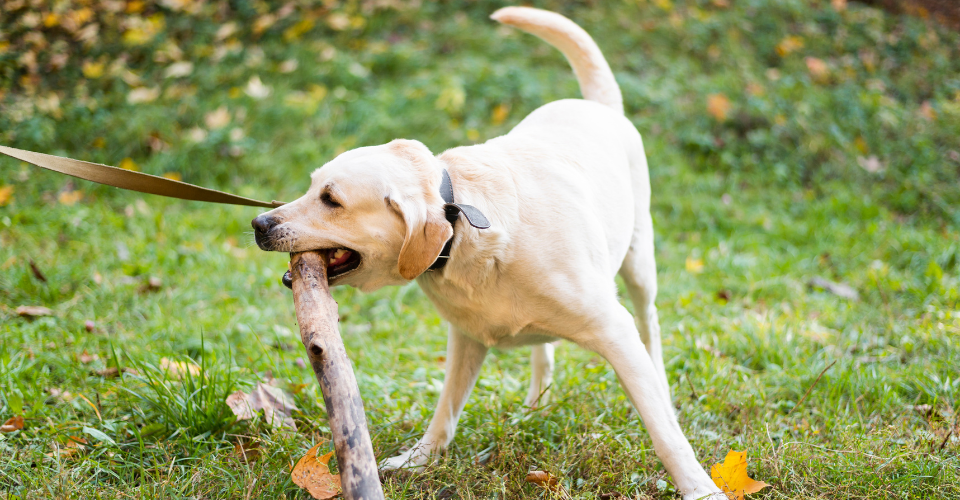Does your dog pee for no apparent reason in your house? Does he do it when he seems to have elevated energy levels than normal? Well—in that case, excitement could be the cause.
Dogs, when feeling stirred, urinate out of submissive behavior, incontinence, or to mark their territories. So, if you are wondering why your dog pees when excited, read the details below.
My Dog Pees When Excited: Reasons and Solutions
1. Submissive Urination
Problem
As the name reflects, it is the way dogs adopt to communicate that they acknowledge the dominance of their favorite human beings. It is fairly common in young dogs to pee when they are excited after meeting their keepers—especially if they see their owners as pack leaders.
This behavior is especially prevalent in dogs if their owners have a kind of a ‘threatening’ demeanor, such as if they commonly scold, make direct eye contact, and talk loudly. When dogs perceive a threat, they urinate to send a quiet message that they are giving in to what their owners want.
Similarly, dogs also resort to such behaviors when they are excited due to some kind of anxiety or fear.
Signs
A dog peeing out of submission-related excitement shows all signs of acknowledging his owners’ dominance.
These include:
- Tucking the tail
- Not looking the owner in the eyes
- Hiding
- Lying down
- Exposed abdominal area
Solutions
- Work on the Triggers: Identify the specific action that makes your dog super-excited. Once found, try not to do it. For instance, if your dog pees when you get back home after a long day, do not rush toward him immediately. Greet him after some time—this can keep him relaxed.
- Avoid Aggression: Remember, showing aggression to dogs is cruel. You should not yell loudly at your dog or physically harm him—any sort of punishment should be out of the question. When frustrated with your dog’s bad behavior, try to ignore or train him.
- Train Your Dog: When you sense your dog is going to let it go, take him outside your home or to the place designated for peeing. Once there, if he urinates, use positive reinforcements to cement this behavior. Likewise, you can also provide your dog training to stay confident. It will help him not become too submissive.
2. Incontinence
Problem
Several medical issues can cause frequent urination in dogs, leading them to pee when excited. Generally, if a dog pees more than 20 to 40 ml per kg of his body weight, chances are he has some medical condition.
The most common among them include:
- Diabetes
- Hypothyroidism
- Old age
- Urethral blockage
- Urinary tract infections
Signs
You can have a fair idea of your dog’s medical condition by looking at the urine color chart. If you spot any unusual urine color, it is a clear manifestation that something is wrong.
Other signs include:
- Drinking too much water
- Licking the genital area frequently
- Lethargy and weakness
- Bad stomach
- Fast breathing
Solutions
Contacting a vet can help you solve the problem easily. Besides, it might also ensure that the problem is related to the physical state and not any behavioral complication is involved. However, if you can confirm any of the specified reasons for the excitement-related peeing problems in your dog, you can also resort to home treatment for the time being (with the approval of your vet.)
3. Urine Marking
Problem
Urine marking is an instinctive social behavior in dogs through which they assert their ownership of the thing or even a person they pee on. It is somewhat the opposite of submissive urination behavior.
When your dog is up to mark his territory, he might show enthusiasm to look as if he were excited. He will keep returning to the spot repeatedly to renew his olfactory memory.
| Read: Best Dog Urine Removers for Hardwood Floors In 2022: Our Top 4 Picks
Signs
Animal Friends, Inc. states that there are significantly different signs of a dog simply peeing or marking territory. Those related to the latter are:
- The amount is smaller than the normal pee volume
- Horizontal objects are targeted more
- The dog is not spayed or neutered
- There are other pets too in the home
Solution
- Spaying or Neutering: Intact animals launch their marking campaigns far more than the spayed ones. Though neutering might not completely solve the issue, it will make a clear difference.
- Proper Cleaning: Your dog is more likely to pee on the spot marked as territory again and again. It is in your best interest to clean the spot thoroughly to help your canine pal ‘forget’ his territory.
- Happy Environment: If you have other pets in your home as well, make sure that they live in harmony. If there is any sort of conflict among them, the chances of territory marking will increase drastically.
- Training: Stop your dog by saying loud words if you think he is going to mark the territory. If he gives up his mission, praise him and give rewards.
How to Control Excitement in My Dog?
1. Keep Your Dog Relaxed
The key to a relaxed dog lies in finding the cause of restlessness. If you get it, get rid of it ASAP. Other ways to calm your dog include:
- Exercising and physical activities
- Have calm and long petting sessions
- Massage and physical therapy
2. Avoid Unnecessary Interactions
If you know your dog is excited, do not go near him: it will only add to his excitement. Just turn away when your dog gets excited uncontrollably. Turn back and see if the reaction persists. If it does, follow the procedure again. If it does not, praise him and offer treats.
3. Desensitize Your Dog to Triggers
The idea is straightforward: train your dog to stay calm and reward them if he does. If your dog gets excited when you touch his leash or collar, stop it for the moment. Come back, but rather slowly this time. It should minimize your dog’s excitement levels.
Keep repeating the process until he looks as if he is desensitized. When done, reward him with praise and a shower of yummy treats!
Pro Tip!
Keep your dog’s bladder empty to ensure a reduction in excitement-related pee incidents. Take him on frequent walks to let him pee in the open.

